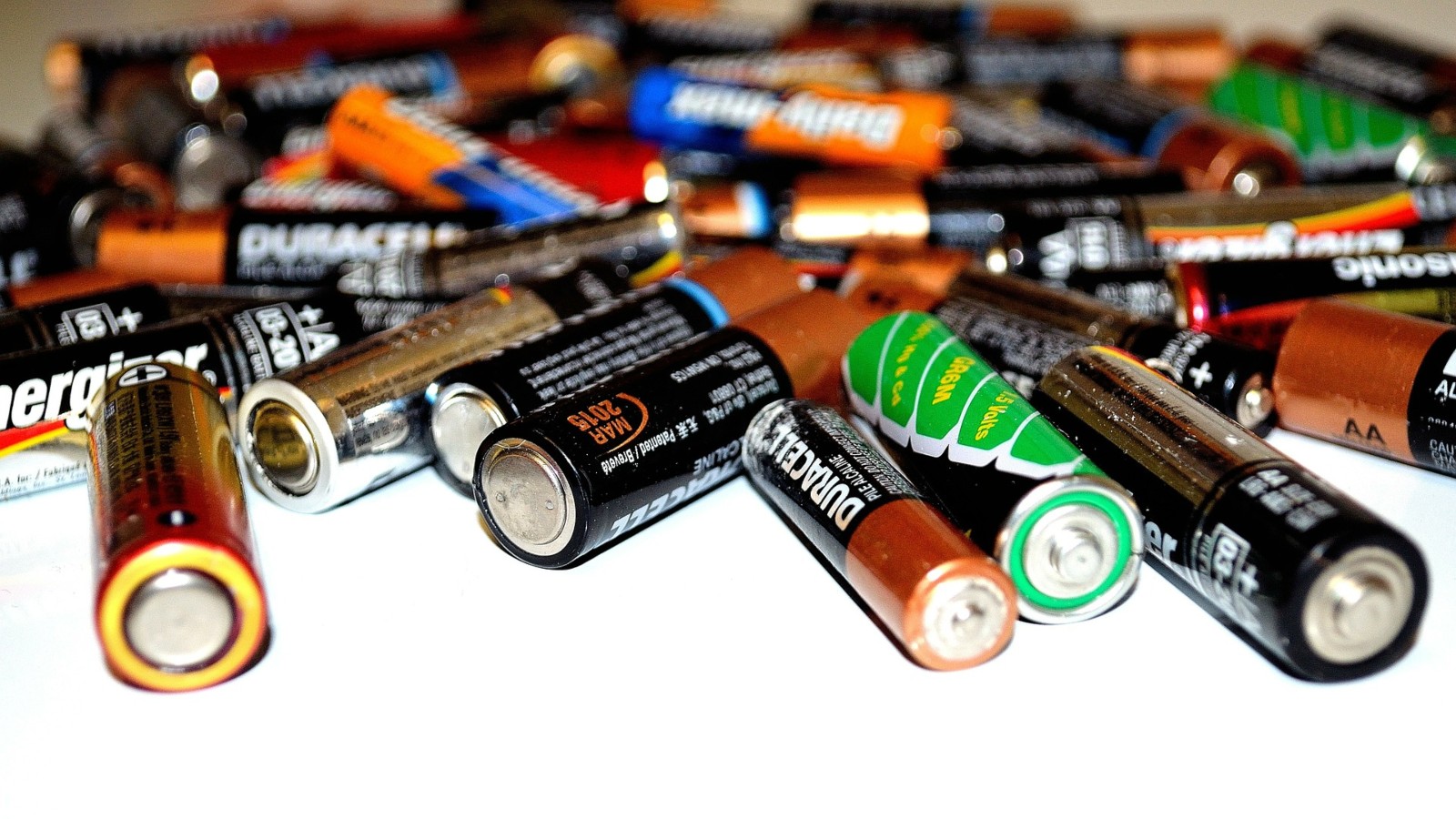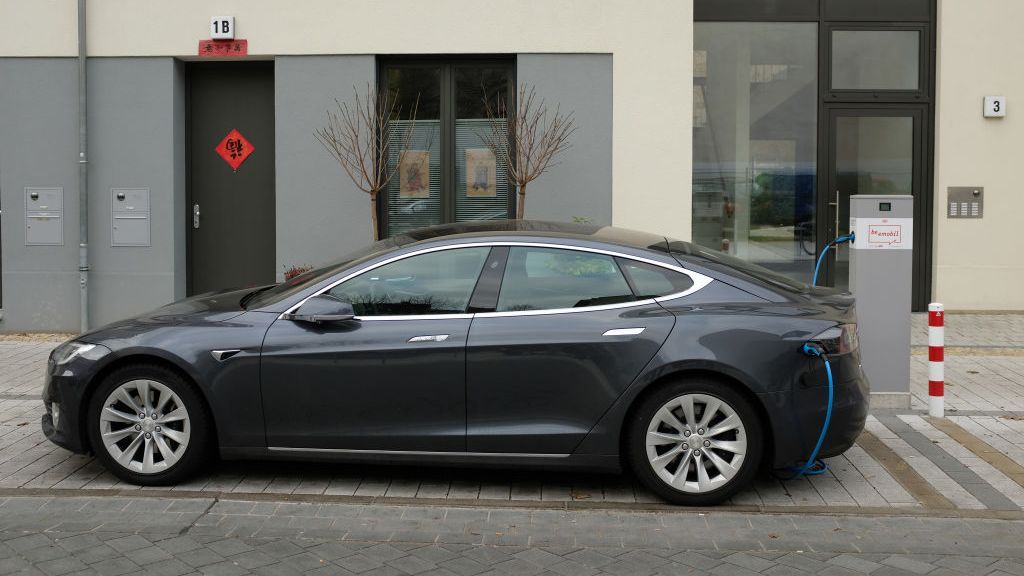
The battery is our new eco-friend.
Whether powering electric vehicles (EVs), drones or power tools, keeping count of steps via fitness trackers or storing unimaginable amounts of energy, one common factor bringing all these elements together: the battery.
An object we use daily is saving the planet and being more eco-conscious.
From renewable energy to next-generation technology, the battery is at the forefront of it all.
The EV revolution depends on batteries
The battery, a small and commonly unappreciated component, will allow many industries, including EVs, to move to clean energy. It will make oil, coal and gas less necessary.

EV sales hit a record 3 million in 2020, a 40 percent increase from 2019. This growth contrasts with the general car market, which fell by 16 percent, due to the COVID-19 crisis. There are now more than 10 million EVs on the road, which equates to approximately 1 percent of global car stock.
Further, the IEA predicts net-zero emissions by 2050 and 300 million EVs on the road. They now account for over 60 percent of new car sales, compared with only 4.6 percent in 2020.
Given the projected amount of EVs expected, battery supplies will have to match demand, leading to batteries being a key factor in the decarbonization of the planet.
The role of renewable energy
With renewable energy, it’s no longer just about countries being greener, but about being self-sufficient. Nations are mapping out how they can disconnect from external suppliers.
Germany was initially aiming to get 100 percent of its energy from renewable sources by 2050; it is now aiming for 2035.
However, once renewable energy is produced, it needs to be stored. As countries are investing in local energy production plants, including wind and solar farms, they also are investing in battery development facilities.
For example, Italy is supporting the Stellantis battery plant with a $389 million investment, highlighting the importance of renewable energy and reliability.
Paving the road to a happier planet
In addition to being used in EVs and to increase renewable energy storage, batteries also play an important role in enabling next-generation technology to improve mobility, wearables and communications.

Indeed, the battery is becoming one of the lead players in allowing appliances to be more powerful and creating a greener planet for our generation and those to come.
The effect of new battery design
One of the main drawbacks in current batteries is performance limitation. For EVs, it means choosing between range and power.
New battery design allows batteries to be more efficient, which could result in longer range and faster charging time.
These improvements should lead to widespread adoption of battery-run devices, enabling a greener planet.
Author Moshiel Biton is the CEO/co-founder at Addionics, an Israeli startup developing a low-cost, high-power, high-energy battery.

Produced in association with ISRAEL21c.
Recommended from our partners
The post Charged Up: Batteries May Be Key To Saving The Planet appeared first on Zenger News.










